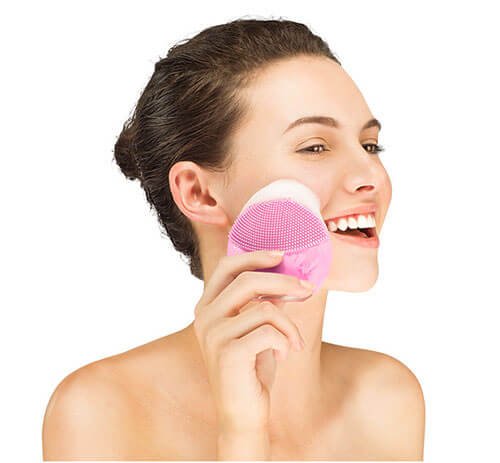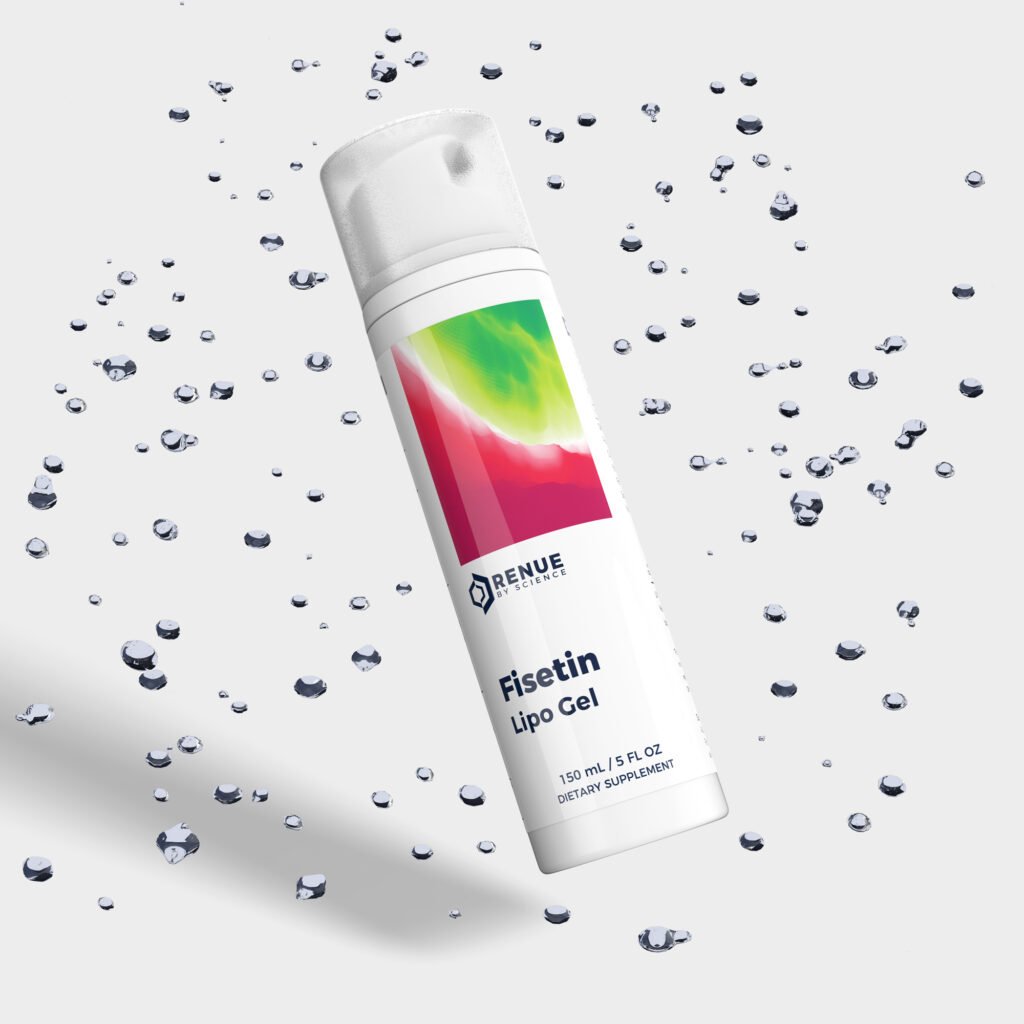There are a lot of natural remedies out there that people swear by for various ailments – from eating ginger for an upset stomach to using lavender oil for relaxation. But what about honey and cinnamon for acne? Does honey and cinnamon help acne?Can this home remedy actually help clear up your skin?
What is Acne and How Does it Affect People?
Acne is a skin condition that can affect people of all ages. It is characterized by the appearance of pimples, blackheads, and whiteheads on the skin. Acne can be a very embarrassing and frustrating condition to deal with.
There are many different treatments for acne, but one home remedy that is gaining popularity is the use of honey and cinnamon. There is no scientific evidence to support the claim that honey and cinnamon can help to treat acne, but many people swear by it.
If you are interested in trying this home remedy, there are a few things you should keep in mind. First, make sure you use raw, organic honey. Second, only use cinnamon powder that is made from Ceylon cinnamon, as this type of cinnamon has the most antioxidants. Finally, be patient – it may take a few weeks to see results.
What Causes Acne?
Acne is caused by over-active sebaceous glands, which are found just below the skin’s surface. They produce an oily substance called sebum, which normally keeps the skin soft and smooth. Sebum flows to the skin’s surface through small, hair-like structures called pores. Dead skin cells and other substances that come in contact with the oily substance can block the pores. The blockage causes the pores to become inflamed and infected, which results in pimples. Acne affects the face and neck, but it can also affect the back, chest and upper arms.
How can Honey and Cinnamon Help Control Acne?
Acne is a common skin condition that affects millions of people around the world. There are many different treatments available, but some people prefer to use natural remedies like honey and cinnamon.
There is some scientific evidence to suggest that honey and cinnamon can help acne. Honey has antibacterial qualities that can help fight acne-causing germs. Cinnamon contains antibacterial qualities and can aid with inflammation reduction.
There are many different ways to use honey and cinnamon for acne. You can make a mask by mixing equal parts of honey and cinnamon and applying it to your face. You can also add a few drops of lemon juice to the mixture. Leave the mask on for about 20 minutes and then rinse it off with warm water.
You can also make a spot treatment by mixing a teaspoon of honey with a teaspoon of cinnamon and applying it to acne-prone areas. Leave the mixture on for about 15 minutes and then rinse it off with warm water.
If you want to try using honey and cinnamon for acne, be sure to purchase raw, organic honey and Ceylon cinnamon. These products are more likely to be effective than other types of honey and cinnamon.
How long does it take for honey to clear up acne?
Honey is one of the most effective and cheapest beauty products. If you have pimples, it is better to be careful and use natural products like honey instead of chemical-based cosmetics. To get rid of acne, apply honey on the pimples, leave it on for 15-20 minutes, and then wash it off.For better results, do it regularly for about 3 months.
How to Use Honey and Cinnamon for Acne
If you’re looking for a natural way to treat your acne, you may have heard that honey and cinnamon can help. But how do you use them? Here’s a quick guide.
Mix together equal parts honey and cinnamon. Apply the mixture to your face and let it sit for 10-15 minutes. Rinse it off with warm water.
You can do this once or twice a week, depending on how your skin reacts. Some people find that honey and cinnamon help to clear up their acne, while others see no difference.
If you do want to try using honey and cinnamon for acne, be sure to start with a small amount to see how your skin reacts. And as always, consult with your dermatologist if you have any concerns.
Some people may experience skin irritation when using this home remedy. If this happens, discontinue use and consult a dermatologist.
Pros and Cons of Using Honey and Cinnamon for Acne
Acne is a common skin condition that affects people of all ages. There are many different treatments available, but some people swear by the honey and cinnamon treatment. Here we will look at the pros and cons of using this natural remedy.
Pros:
1. Honey and cinnamon are both natural ingredients so they are unlikely to cause any side effects.
2. This treatment is relatively inexpensive compared to other acne treatments on the market.
3. Some people find that this treatment helps to clear their acne quickly.
Cons:
1. There is no scientific evidence to support the claims that honey and cinnamon can help to treat acne.
2. This treatment may not be suitable for everyone as some people may be allergic to either of the ingredients.
3. If used incorrectly, honey and cinnamon can actually make your acne worse.
If you are considering using honey and cinnamon to treat your acne, it is important to weigh up the pros and cons before making a decision. Remember to speak to a dermatologist if you are unsure about whether this treatment is right for you.
How to use honey for acne scars
Acne scars can be a bothersome side effect of acne breakouts. But did you know that honey can help fade acne scars?
Honey is a natural source of antioxidants and has anti-inflammatory properties, both of which can help improve the appearance of acne scars. To use honey for acne scars, simply apply raw honey to the scarred area and massage it in for a few minutes. Rinse the area with warm water and pat dry. Repeat this process a few times per week for best results.
Looking for an alternative way to use honey for acne scars? Try this DIY mask:
Ingredients:
-1 tablespoon raw honey
-1 teaspoon cinnamon
-1 teaspoon nutmeg
-1 teaspoon lemon juice
Instructions:
1. Mix all ingredients together in a bowl.
2. Apply the mixture to your face, being careful to avoid the eye area.
3. Leave the mask on for 20 minutes, then rinse it off with warm water. 4. Repeat this process 2-3 times per week for best results
Other acne treatments
There are many different factors that contribute to acne breakouts, including hormonal changes, stress levels, medication use, and more. However, there are many things you can do on your own to help heal acne.
The thing you should do is wash your face twice a day with gentle cleansers that won’t irritate your skin or clog pores. You should also try using products labeled as “oil-free,” “non-comedogenic,” or “non-acnegenic”.If these products don’t work for you, you should try using a topical antibiotic, such as clindamycin phosphate. If topical antibiotics do not work for you, your doctor might recommend oral antibiotics.
The Importance of a Diet for Healing Acne
Acne is a skin condition that can be caused by a number of different factors, including hormones, stress, and diet. It is important to know the cause for your acne in order to heal it. Here are some tips on how to heal acne through diet:
– Drink plenty of water to flush out toxins from the body
– Eat more fresh fruits and vegetables
– Reduce sugar intake and avoid processed foods
Silk’n Titan Skin Tightening and Lifting
The Silk’n Titan is an anti-aging device that uses harmonized energy technology to elevate facial features and reduce wrinkles. This innovative technique, designed to be used on all areas of the face and neck, repairs collagen and elastin fibers from the inside out.
Titan technology directs electricity to specific regions beneath the skin, activating your body’s natural healing mechanism. Titan tightens the skin.
• Tightens the skin
• Reduces the appearance of wrinkles and fine lines around the eyes.
• Reduces the appearance of superficial sun and aging spots
• Improves the skin’s structure and elasticity
• It revitalizes collagen and elastin fibers.
• There is no need for recovery time.
Are you worried about aging?
Fibroblasts are cells in our bodies that manufacture the skin’s building blocks, collagen and elastin. Young skin can regenerate its fibroblasts every 21 to 28 days, but as we age, this process takes 40 to 45 days. The body creates less and fewer fibroblasts after the age of 50, resulting in noticeably aged skin.
Here’s how to do it
Titan anti-aging skin technology encourages cell renewal, restoring tightness and suppleness to sagging skin. Titan combines the advantages of three energy sources: Bi-Polar RF, LED light, and infrared heat. The potent combination of these three energy sources produces a result that is safe, painless, and scientifically verified.
If you looked at a cross-section of older skin, you’d notice that some cells have been destroyed. Titan technology penetrates the skin, locating and repairing damaged tissue.
The device’s warmth boosts the skin’s natural renewal processes. Collagen and elastin fibers contract, causing the skin to heal from the inside out. On the exterior, the skin seems to be younger and tighter.
Would you like to hear from real Titan tightening customers? Visit the Testimonials page for more information.
Shop Now
Conclusion – Does honey and cinnamon help acne?
Honey and cinnamon have been used for centuries as natural remedies for skin conditions such as acne.
A study was conducted on honey and cinnamon to see if these ingredients can be used to cure acne. The study found that honey and cinnamon have anti-inflammatory properties which might be the reason why they work so well on acne.
Honey and cinnamon are both healthy ingredients that can be consumed by anyone, even those with sensitive skin. These two ingredients also help in maintaining a healthy looking complexion because they are rich in antioxidants, which means they help fight free radicals in the body.
Frequently asked questions
Does vitamin c help acne?
There are numerous studies that show that Vitamin C can reduce pimples and acne in humans. Although the cause of acne is not fully known, there is evidence that it is hormone related and that the bacteria that causes acne is a by-product of this hormone. Oral contraceptives in women reduce acne, and there is evidence that Vitamin C reduces free radicals and hence has a beneficial effect on reducing acne.
However, the amount of Vitamin C required to have an effect on acne would be extremely high. There is one study that showed that 1000 mg of Vitamin C resulted in a reduction of pimples by about 30%. Of course the effect is not immediate and the study lasted for three months.
Does chlorophyll help with acne?
There are several “natural” remedies for acne, but there isn’t any scientific evidence that any of them do. They may seem to work for a little while, but “skin deep” remedies like these will usually not help for a more serious cause- acne that has gone untreated for a long time. The problem with something like chlorophyll is it doesn’t kill the bacteria that causes acne, which means that it doesn’t get to the root of the problem. If you want to treat acne, you need to treat all the factors that cause acne. You may want to talk to a dermatologist. They have all kinds of medications that are safe and effective for both adults and teens with acne.
Does toothpaste help acne?
Toothpaste can help acne by drying out the oil, which helps reduce the irritation and inflammation. The active ingredient in most toothpastes is sodium lauryl sulfate, which is a detergent (cleansing agent) that does a great job of breaking up and removing oil and dirt from the surface of your skin. This is why toothpaste is so effective for cleaning your teeth. The disadvantage is that it also removes oil from your skin, which can make your skin look worse in the short term.
Does ice help acne?
It is a known fact that cool water has a soothing and calming effect on the body. The idea behind ice is to reduce the inflammation and redness of the skin that is associated with acne. It is said that the ice will help with the blood flow and make the lumps of skin subside. Some people have recommended the technique of putting a few cubes of ice on the pimple, but it may irritate the skin and make the problem even worse.
Putting your face in the fridge will have no effect on acne. The same goes for rubbing ice cubes on your face. However, if you wish to try it, there is no harm in it. If it’s not effective, there is no need to feel low on yourself. There are other tricks that you can try. One of the best is to massage your face with small circles. I have tried it and it has proved to be effective.
Does retinol help with acne?
Retinol is a powerful ingredient that has been shown to reduce the size and production of sebaceous glands and help heal acne. However, it can cause irritation and redness to the skin, especially if it is not used properly. This is why it is important to use an SPF product during the day to protect the skin from the sun, since retinol can make the skin more sensitive to sunlight. Using retinol at night is better, since it won’t be exposed to daylight and the irritation can be lessened.
Does tea tree oil help with acne?
Tea tree oil is effective when it comes to acne. Regular application of tea tree oil will help you get rid of acne. Tea tree oil has antibacterial and anti-fungal properties which can cure acne. It is also very effective in removing scars left by acne.
Does aloe vera help acne?
Aloe vera gel is full of antioxidants, which help to reduce inflammation in your skin. Antioxidants also help to improve skin’s texture and skin tone. When applied topically, aloe vera gel will keep your skin moisturized and get rid of acne. As a result, your skin will look and feel healthier. However, do not expect an overnight result. You will have to use it for some time to see the result.
What helps with acne scars?
It is not easy to get rid of acne scars. Over-the-counter (OTC) topical treatments for acne, such as salicylic acid and benzoyl peroxide, usually do not cause new scars, but they do not get rid of old scars either. For some people, OTC acne treatments do not work well enough. Some of the available prescription acne medications, however, are more effective than OTC medications for making acne scars less noticeable. Such prescription medications include tretinoin (Retin-A), adapalene, and tazarotene (Tazorac).
These medications are available as a gel, cream, or lotion. In general, OTC medications offered over the counter are not very effective in getting rid of acne scars, while prescription medications can help to a greater extent. Therefore, if you are looking for the best way to get rid of acne scars, the best and most effective answer is to visit a doctor and ask that you be prescribed a prescription medication that specifically treats acne scars.























